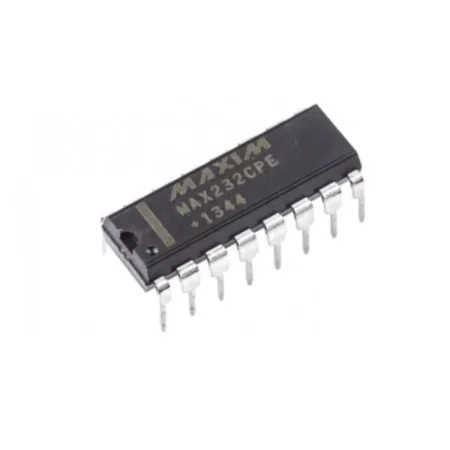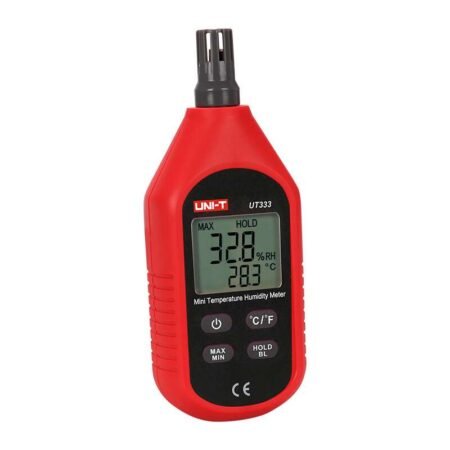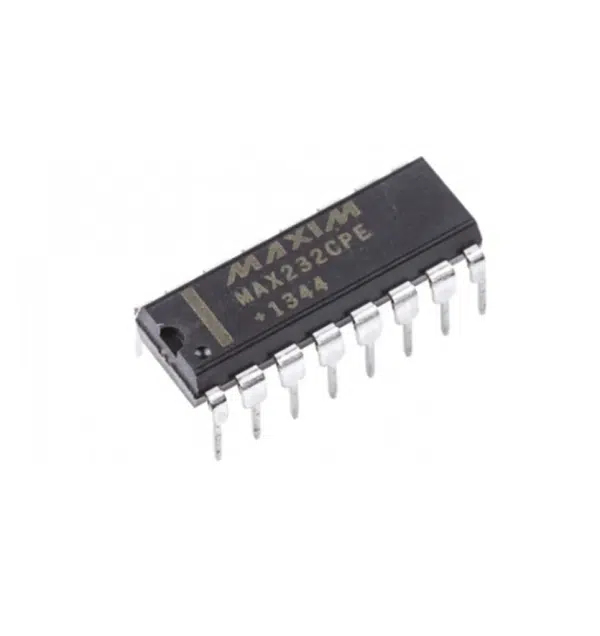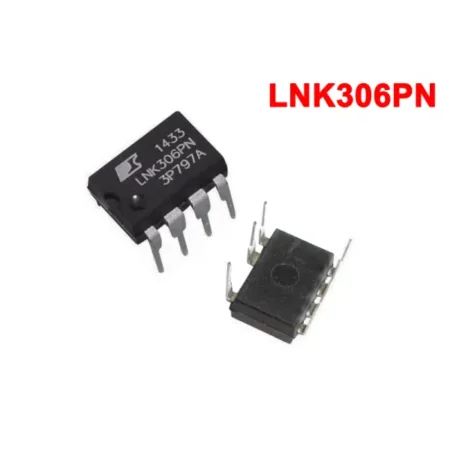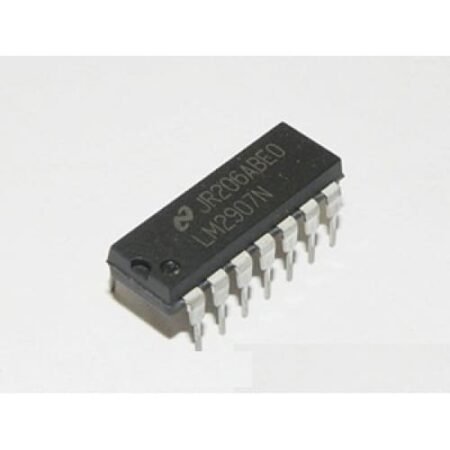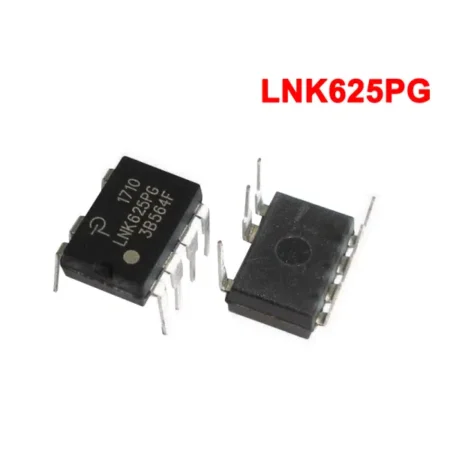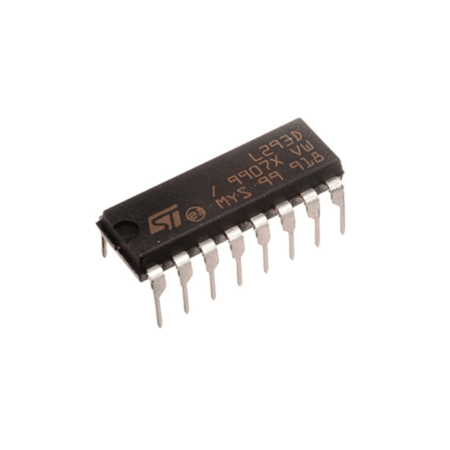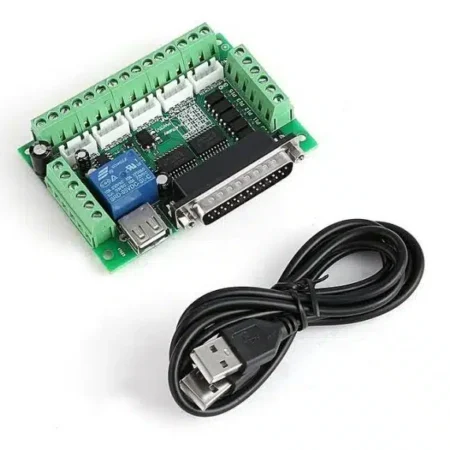This IC is dual driver/receiver.
Part Number : MAX232CPE
Function : +5V-Powered, Multichannel RS-232 Drivers/Receiver
Package : 16 Pin DIP Type
Manufacturers : Maxim Integrated
Description :
The MAX220 Thru MAX249 family of line drivers/receivers is intended for all EIA/TIA-232E and V.28/V.24 communications interfaces, particularly applications where ±12V is not available.
These parts are especially useful in battery-powered systems, since their low-power shutdown mode reduces power dissipation to less than 5µW. The MAX225, MAX233, MAX235, and MAX245/MAX246/MAX247 use no external components and are recommended for applications where printed circuit board space is critical.
The MAX220-MAX249 are offered in 26 different packages with temperatures from 0 to +70°C up to -55°C to +125°C. See ordering information table at the end of the data sheet for all package and temperature options.
Applications/Uses
1. Battery-Powered RS-232 Systems
2. Interface Translation
3. Low-Power Modems
4. Multidrop RS-232 Networks
6. Portable Computing
MAX232CPE Drivers
The typical driver output voltage swing is ±8V when loaded with a nominal 5kΩRS-232 receiver and VCC= +5V. Output swing is guaranteed to meet the EIA/TIA-232E and V.28 specification, which calls for ±5V minimum driver output levels under worst-case conditions.
These include a minimum 3kΩload, VCC= +4.5V, and maximum operating temperature.
Unloaded driver output voltage ranges from (V+ -1.3V) to (V- +0.5V).
MAX232CPE Receivers
EIA/TIA-232E and V.28 specifications define a voltage level greater than 3V as a logic 0, so all receivers invert.
Input thresholds are set at 0.8V and 2.4V, so receivers respond to TTL level inputs as well as EIA/TIA-232E and V.28 levels.
The receiver inputs withstand an input overvoltage up to ±25V and provide input terminating resistors with nominal 5kΩ values.
The receivers implement Type 1 interpretation of the fault conditions of V.28 and EIA/TIA-232E.

